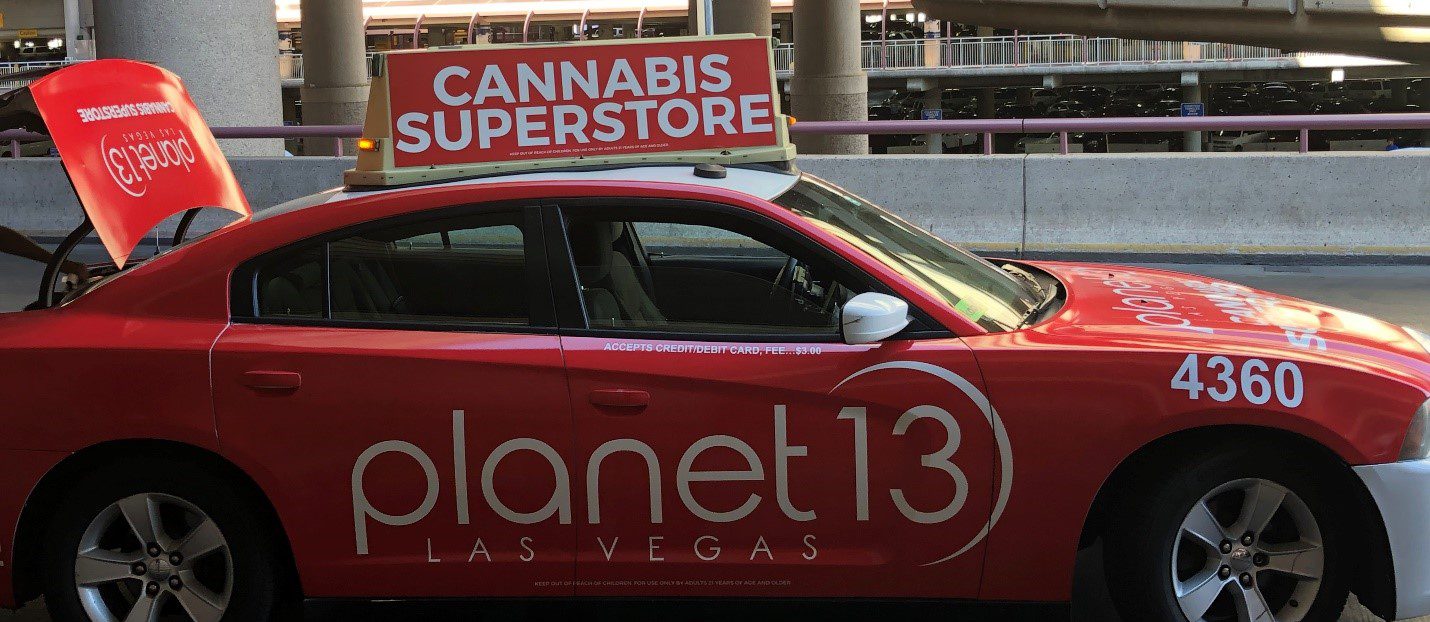
As more states legalize cannabis, OAAA has assembled advertising regulations (which vary state to state).
If you have questions about specific rules governing cannabis marketing, let us know ([email protected]).
Meanwhile, here are answers to commonly asked questions about this new sales category:
1. What are typical rules?
Common features of cannabis advertising regulation:
- Buffer from schools and places of worship. OAAA’s Code calls for a 500-foot buffer for ads promoting products not legal for sale to minors
- Some state-mandated buffers for cannabis ads are 1,000 feet
- No false claims
- Cannabis advertising should be aimed at adults (see No. 2 below), not youth
- No consumption of cannabis or promotion of intoxication depicted in ads
- No promotion of medical marijuana for recreational use
- No symbols that resemble established medical associations
- No colloquial/slang references to marijuana
- No encouragement of inter-state transport of marijuana
- No medical claims
2. How do out of home media companies satisfy requirements to prove that cannabis ads primarily are intended for adults?
For example, California requires that cannabis ads “shall only be displayed where at least 71.6 percent of the audience is reasonably expected to be 21 years of age or older, as determined by reliable, up-to-date audience composition data.”
OOH companies operating in California comply by using audience data derived from Geopath.
3. What prompts debate/causes trouble regarding ads for cannabis and vaping?
- Concentration of OOH ads in specific locations
- Sexualization
- Marketing to under-age audiences
- Health claims
Massachusetts and North Carolina are litigating against vaping advertising. Here are quotes from their complaints:
Defendant relies on “a youth-focused business strategy” North Carolina v. JUUL Labs
“Models who look like teenagers” North Carolina v. JUUL Labs
“Advertising content both references youth popular culture, including memes, profanity and sexual imagery, and misleads consumers” Massachusetts v. Eonsmoke LLC
4. Is cannabis advertising pre-approved by authorities?
Some states require prior approval, others do not. For example:
- New York: “Any advertisement for an approved medical marihuana product shall be submitted to the department at least 30 days prior to the public dissemination of the advertisement”
- Connecticut: “The state must approve of any advertisement proposal before being able to display it”
- Pennsylvania: “Promotional, advertising and marketing materials shall be approved by the Department (of Health) prior to their use”
5. If a state legalized cannabis, that means I can advertise dispensaries/brands in that state, right?
Not necessarily. Some states that legalized marijuana do not allow billboard advertising. For example:
- Ohio: Legalized medical marijuana but specifically prohibits advertising on billboards
- Legalization pioneer Colorado: “Outdoor Advertising Generally Prohibited”
6. Can I advertise CBD oil/hemp?
- Know your state regulations regarding CBD oil, they may be different than the marijuana regulations
- Make sure the CBD product is hemp-derived, not marijuana derived
- Avoid advertising hemp-derived and/or CBD-infused foods, drinks, and supplements as the FDA may get involved
- Make sure there is substantial evidence to support any health or medical claims
- Establish exclusionary zones that prohibit advertisements of products illegal for sale to minors that are intended to be read from, at least 500 feet of, elementary and secondary schools, public playgrounds, and established places of worship
- Avoid consumption depiction in advertising
OAAA Webinar
OAAA will host a webinar on September 18 (2 pm Eastern) on cannabis: where is it legal, how is advertising regulated, hot-button issues, and public opinion. OAAA staff will be joined by Steve Richards of Mile High Outdoor/Pacific Outdoor, who will share operational tips in handling the cannabis category. Steve chairs the OAAA Legislative Committee. Click here to register.
Published: July 22, 2019